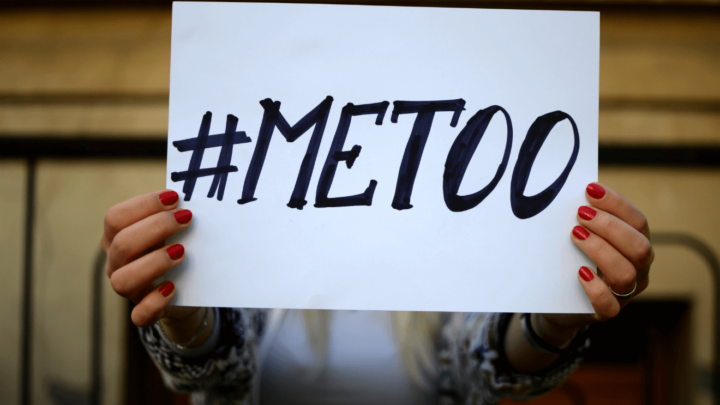Whitney Houston sang these words years ago, but these days, it seems more important than ever. The tragic events in Charlottesville last week have touched most of us in one way or another. One of the often most difficult, but undeniably critical pieces when something like this happens becomes, “how do we talk to kids about these tough issues in a way that helps to build empathy and awareness?” As parents and teachers, we are sometimes tempted to steer kids away from the touchy topics in favor of a surface explanation–therefore avoiding having to answer questions and engage in conversations that could become uncomfortable. In reality, delving into these issues is precisely what we need to be doing to help kids understand the importance of acceptance and kindness in our world today – that even if we don’t always have a perfect example of this in our leaders, we should persist with kindness anyway.
Starting the conversation is never easy, but it is important to be able to provide a safe space for your child to express his or her concerns and to be comforted. As parents, we sometimes struggle with what is developmentally appropriate and within our own comfort zones.
Here are some tips to help you start the conversation:
- Ask your child questions in order to start the conversation: Do you know what happened in Charlottesville? What do you think was the purpose of the protests? What message do you think was intended? What message did you hear? How does this event make you feel?
- Discuss current events. Stick to the facts. In the case of Charlottesville, New York Times has a great article that lays out the events of the weekend.
- Use this as an opportunity to reflect on what values are important here and what you want your children to take from the conversation. Robin Gurwitch, psychologist at Duke University Medical Center, reminds us that hatred and racism are not innate–they are learned behaviors.
- Focus on empathy: ask children what they might do if they ever found themselves in a situation where someone was treating them (or someone else) unjustly, or exhibiting signs of racism.
- For younger children, avoid getting into the intense details. Instead, focus on peace, love, and most importantly, open communication.
While educators and schools should be a place where students practice empathy and kindness, the conversations and behavior modeling need to start at home. Tragic events like Charlottesville provide parents the opportunity to discuss the difficult issues and model how to be better citizens. Hatred is learned and is spread because of ignorance. By teaching our children how to treat others and how to love and appreciate those who are different from us, we are protecting the future.





Comments are closed.